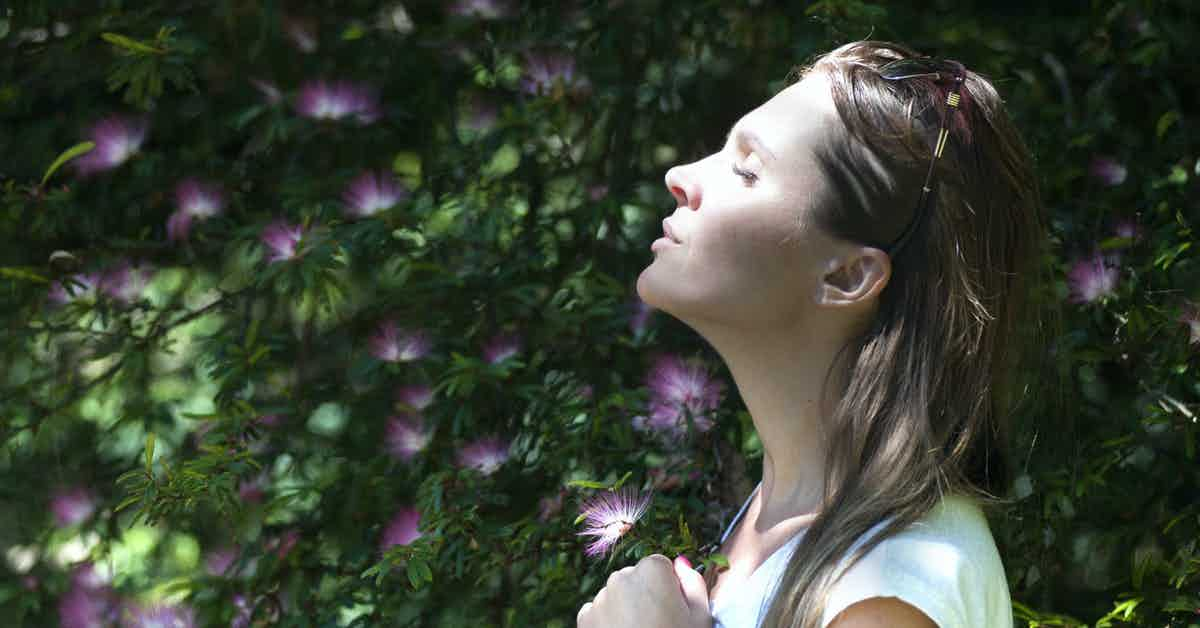
For many years I remained focussed on DOing. If I DO more, I will achieve more. It was a habit. I had grown up with parents who worked hard all their lives. Yet “abundance” appeared to be something that other families had; not ours. We always “just got by”. But keep working hard, DO more! This attitude wes confirmed by the community I grew up in, the schools I went to, society at large.
Until I came across Ontology; the philosophy of BEing. About 10 years ago, I started studying what it means to be human and the nature of human existence. How could I tap into my real potential – beyond simply DOing more?
I learned that whatever age we are, language creates reality, whether that’s internal communication with self or vocally with others. What common beliefs about myself did I develop in childhood? What conversations did I have in my own mind, that led to this excessive DOing through most of my life?
I also discovered that my moods or emotions shape my perceptions and attitudes and can be signposts to serve a specific purpose and that the human body is an expression of who we think we are. I certainly didn’t grow up with a tool kit that taught me to “relate” with or to my emotions or body! In the words of Julio Olalla from the Newfield Network: “Body and emotions as domains of learning are largely ignored.”
So from that, I was able to deduce that the world showed up for me according to who I was BEing – and not purely from what I was DOing. My way of BEing was the underlying driver of my communication with the world. And what made even more of an impression was that my conversations, my emotions and my body postures, muscle tensions, breathing patterns could change – in any given moment. We are never too young or too old to make these kind of changes!
Now, as a Personal Development Coach through my online business You Inside Out, I support others, of all ages 18 and beyond, from an ontological perspective. Clients develop a different way of BEing, achieving a future they desire for themselves, by noticing who they are showing up as in their own internal world – and how they then relate with the world around them. Rather than only aiming to achieve one-off performance orientated goals, we can learn to become an observer of ourselves and make sustainable shifts by looking at what limits us and who we might BE and BEcome.
“We do not see things as they are, we see things as we are.” Anais Nin


